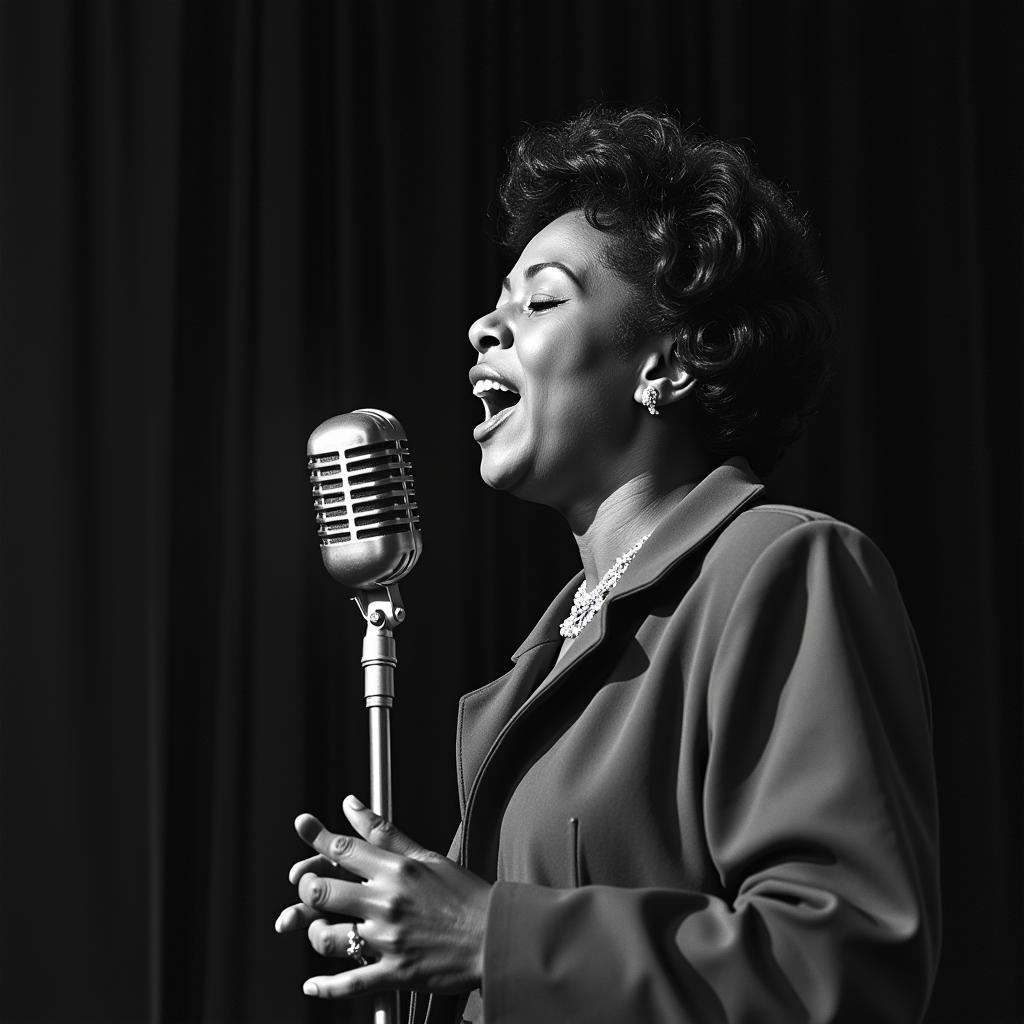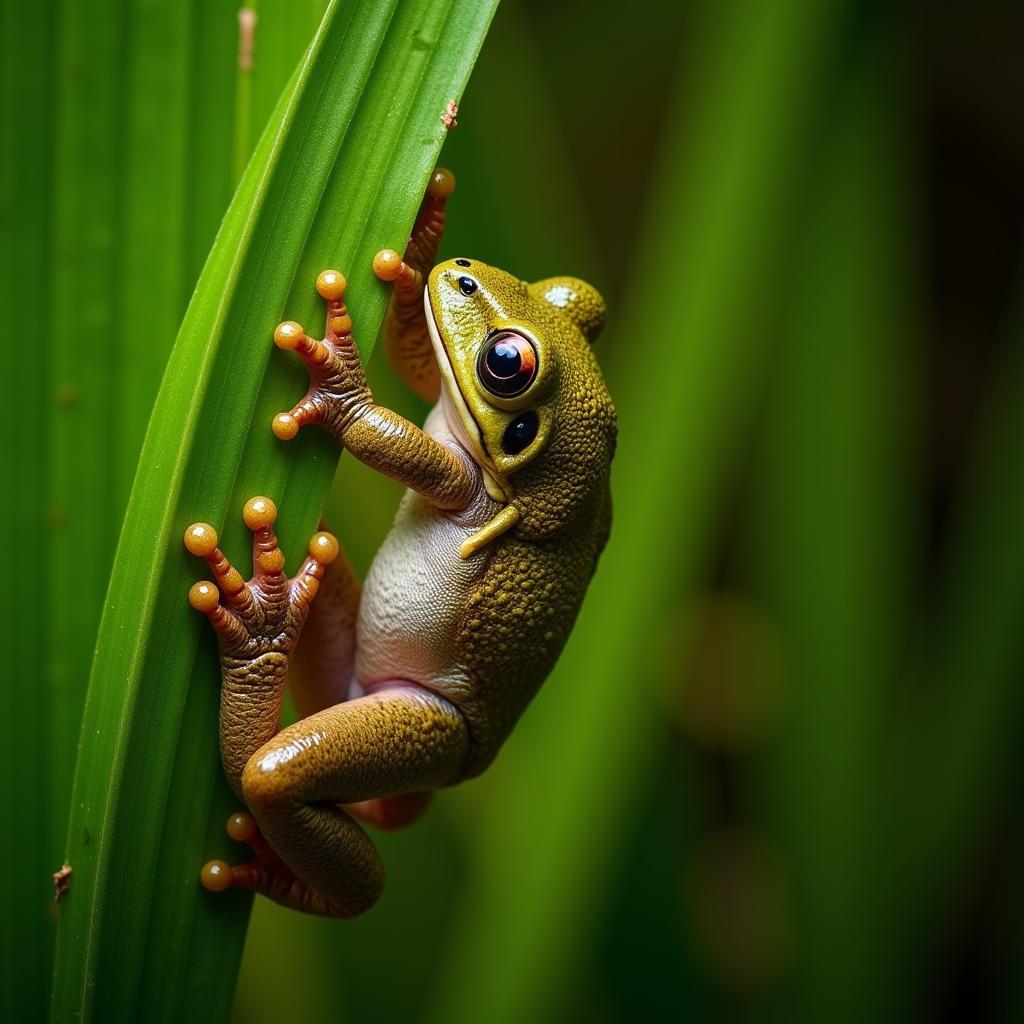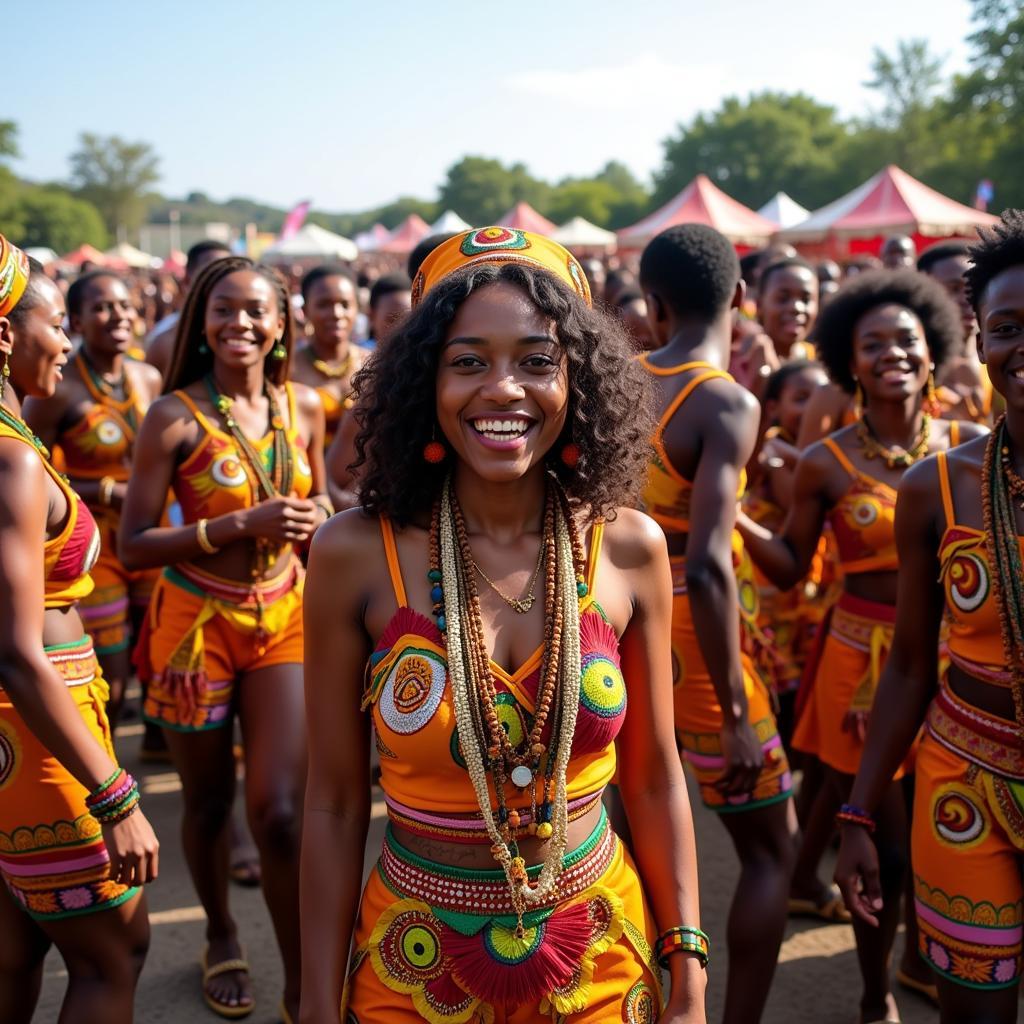African Jazz History: A Rhythmic Journey Through the Continent
African jazz is a vibrant and diverse musical genre that has captivated audiences worldwide. It is a fusion of traditional African music with Western jazz influences, creating a unique sound that reflects the rich cultural heritage and complex history of the continent. In this article, we’ll delve into the captivating history of African jazz, exploring its origins, key figures, and enduring legacy.
The Roots of African Jazz: A Cultural Convergence
African jazz emerged in the early 20th century, fueled by the convergence of several key factors:
- The Influence of Traditional Music: African music has a long and rich history, marked by its rhythmic complexity, polyphony, and use of percussion instruments. Traditional styles like highlife, juju, and mbalax laid the foundation for the development of African jazz.
- The Arrival of Western Jazz: With the rise of jazz in the United States, the genre spread to other parts of the world, including Africa. Western jazz introduced new instruments, harmonies, and improvisational techniques that resonated with African musicians.
- The Colonial Era: During the colonial period, European influence brought about significant social and cultural changes in Africa. The interaction between Western and African cultures created fertile ground for musical cross-pollination.
The Pioneers of African Jazz
Several influential musicians played a pivotal role in shaping the early years of African jazz:
- Hugh Masekela (South Africa): A renowned trumpeter, singer, and composer, Masekela is considered one of the pioneers of African jazz. His music seamlessly blended traditional South African rhythms with Western jazz harmonies, creating a unique and captivating sound.
- Miriam Makeba (South Africa): A gifted singer known as “Mama Africa,” Makeba brought African rhythms and melodies to a global audience. Her powerful voice and poignant lyrics resonated with listeners around the world.
- Fela Kuti (Nigeria): A revolutionary musician, Kuti fused jazz, funk, and traditional Yoruba music to create Afrobeat. His music was not only musically innovative but also politically charged, addressing issues of oppression and social injustice.
The Evolution of African Jazz
African jazz continued to evolve throughout the 20th century, with new generations of musicians pushing boundaries and experimenting with different styles:
- The Rise of Afrobeat: Kuti’s Afrobeat had a profound influence on younger musicians, inspiring a new wave of artists who incorporated elements of funk, soul, and rock into their music.
- The Fusion of Jazz and Traditional Music: Many African jazz musicians continued to draw inspiration from traditional music, integrating indigenous rhythms and instruments into their compositions.
- The Global Expansion of African Jazz: African jazz gained international recognition in the 1970s and 1980s, with musicians from across the continent touring worldwide and collaborating with international artists.
The Enduring Legacy of African Jazz
African jazz continues to thrive today, with a new generation of musicians carrying the torch of innovation and creativity. The genre’s enduring legacy is a testament to its ability to blend tradition and modernity, creating music that is both captivating and culturally relevant.
What Are Some of the Key Characteristics of African Jazz?
“African jazz is characterized by its rhythmic complexity, polyphony, and use of traditional African instruments. It’s a fusion of cultures, a conversation between the old and the new.” – Dr. Abena Agyei, Music Historian
African jazz is a vibrant and ever-evolving genre that continues to inspire musicians and listeners worldwide. Its rich history and diverse soundscape offer a glimpse into the soul of Africa, a continent teeming with creativity and cultural expression.
Is there a specific style of African jazz for each country?
While there is no single “African Jazz” style, individual countries have developed their own distinct variations within the genre. For example, South Africa has its unique blend of jazz and traditional music, while Nigeria is known for its Afrobeat sound.
How Can I Learn More About African Jazz?
There are many resources available for learning more about African jazz:
- Listen to music by renowned artists: Explore the works of Hugh Masekela, Miriam Makeba, Fela Kuti, and other prominent African jazz musicians.
- Read books and articles about African jazz: Several excellent resources provide in-depth information about the history, development, and cultural significance of African jazz.
- Attend live performances: Experience the energy and power of African jazz firsthand by attending concerts or festivals featuring local and international musicians.
By exploring these resources and engaging with the music itself, you can gain a deeper appreciation for the rich history and enduring legacy of African jazz.




